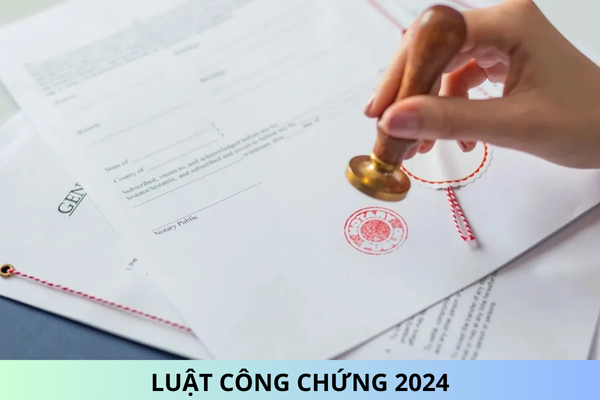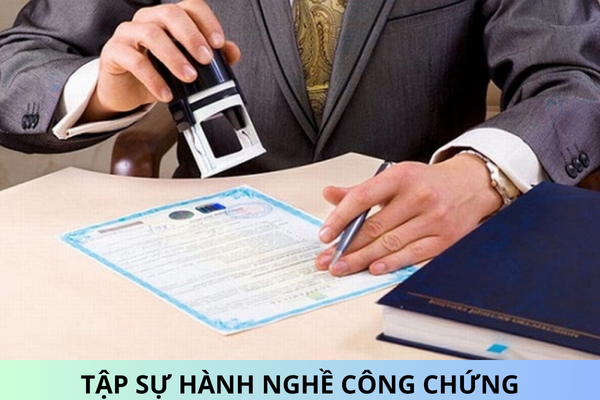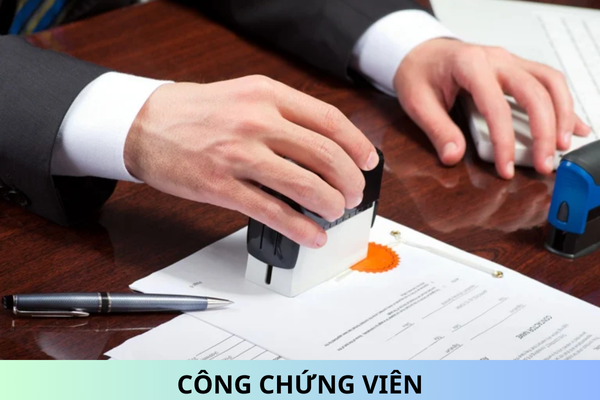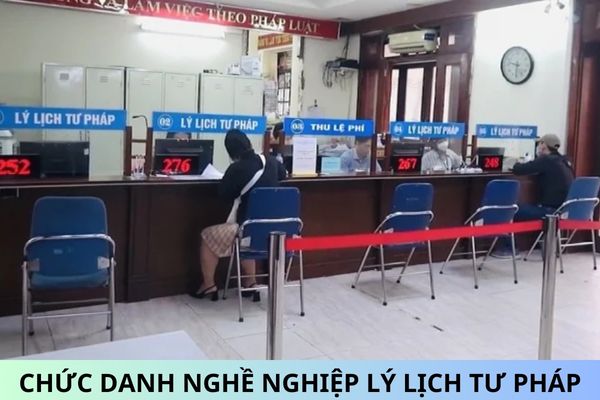Has the Law on Notarization in 2024 in Vietnam been issued yet?
Has the Law on Notarization in 2024 in Vietnam been issued yet?
The Law on Notarization in 2024 was passed by the National Assembly at the 8th session of the 15th National Assembly on November 26, 2024. This law sets forth the provisions regarding notaries, notarization practice organizations, notarization practice, notarization procedures, and state management of notarization.
The Law on Notarization in 2024 consists of 8 chapters and 76 articles and will take effect from July 1, 2025, replacing the Notarization Law 2014, except as stipulated in clauses 1, 2, 3, 6, 7, 9, 11, 12, and 14 of Article 76 of the Law on Notarization in 2024.
Article 5 of the Law on Notarization in 2024 prescribes the principles of notarization practice as follows:
- Compliance with the Constitution and law.
- Objectivity and honesty.
- Adherence to the Code of Ethics for notarial practice.
- Accountability before the law regarding notarization practice.

Has the Law on Notarization in 2024 in Vietnam been issued yet? (Image from the Internet)
What are prohibited actions for notaries in Vietnam?
According to Article 9 of the Law on Notarization in 2024 on prohibited acts:
Article 9. Prohibited Acts
- Notaries are banned from carrying out the following acts:
a) Disclosing information about the content of notarization, except when consented to in writing by the person requesting notarization or as otherwise provided by law; utilizing information about the content of notarization to infringe upon the legitimate rights and interests of individuals, organizations, or the State;
b) Performing notarization in cases where the purpose, subject, or content of the transaction violates the law, or is against social ethics; encouraging or facilitating participants to engage in sham transactions or other fraudulent acts;
c) Notarizing transactions related to the assets or interests of oneself or relatives, including spouses; biological parents, adoptive parents; biological parents, adoptive parents of spouses; biological children, adoptive children, daughters-in-law, sons-in-law; paternal grandparents, maternal grandparents; siblings; siblings of spouses; grandchildren who are the children of biological or adoptive children;
[...]
Thus, notaries are strictly prohibited from the following actions:
- Disclosing information about the content of notarization, except when consented to in writing by the person requesting notarization or as otherwise provided by law; using the information to infringe upon the legitimate rights and interests of individuals, organizations, and the State.
- Performing notarization in cases where the purpose, subject, or content of the transaction violates the law or is against social ethics.
- Encouraging or facilitating participants to engage in sham transactions or other fraudulent acts.
- Notarizing transactions concerning oneself or relatives' assets and interests, including spouse; biological parents, adoptive parents; biological parents, adoptive parents of spouses; biological children, adoptive children, daughters-in-law, sons-in-law; paternal grandparents, maternal grandparents; siblings; siblings of spouses; grandchildren who are children of biological or adoptive children.
- Harassing or causing difficulties for the person requesting notarization; demanding or receiving money or other benefits beyond the notarization fee, service charges related to notarization, and other predetermined, agreed-upon expenses; demanding or receiving money or other benefits from third parties to perform or refrain from performing notarization.
- Coercing individuals or organizations to use their services; colluding or conspiring with individuals or organizations to falsify the contents of notarization applications and notarial records.
- Offering money or other benefits, exerting pressure, threatening, or committing acts against the law and social ethics to gain advantages in notarization.
- Advertising on mass media about notaries and notarization practice organizations.
- Simultaneously practicing at two or more notarization practice organizations; concurrently serving as a bailiff, lawyer, auctioneer, legal consultant, or price appraiser; working under a work contract or labor contract at a business, cooperative, union of cooperatives, agency, or other organization, or engaging in work that requires regular working hours during official hours.
- Participating in the management of businesses, cooperatives, unions of cooperatives outside their notarization practice organizations; engaging in brokerage, agency activities, or participating in profit-sharing in transactions they notarized; conducting production, business, or providing services outside the scope of notarization and authentication activities.
- Allowing others to use their notary appointment decision and notary card.
- Investing wholly or contributing capital with other notaries to establish or fully transfer the capital contribution of all general partners in a notary office organized and operated as a partnership without participating as a partner in that office; contributing capital or collaborating with non-notary organizations or individuals to establish or receive the transfer of all capital contributions from general partners of a notary office organized as a partnership; investing to establish or purchase a notary office organized as a private enterprise without serving as the Head of that notary office.
From July 1, 2025, what are the criteria for appointing a notary in Vietnam?
According to Article 10 of the Law on Notarization in 2024, individuals meeting the following criteria may be appointed as notaries:
- Be a Vietnamese citizen not exceeding 70 years of age.
- Permanently residing in Vietnam, complying with the Constitution and laws, demonstrating good ethical qualities, and ensuring good health to practice notarization.
- Holding a bachelor's degree in law, a master's degree in law, or a doctorate in law.
- Having a legal practice period of at least 3 years or more at an organization or agency after obtaining a bachelor's degree, master's degree, or doctorate in law.
- Graduating from a notarization practice training course.
- Passing the test for notarization practice apprenticeship results.










